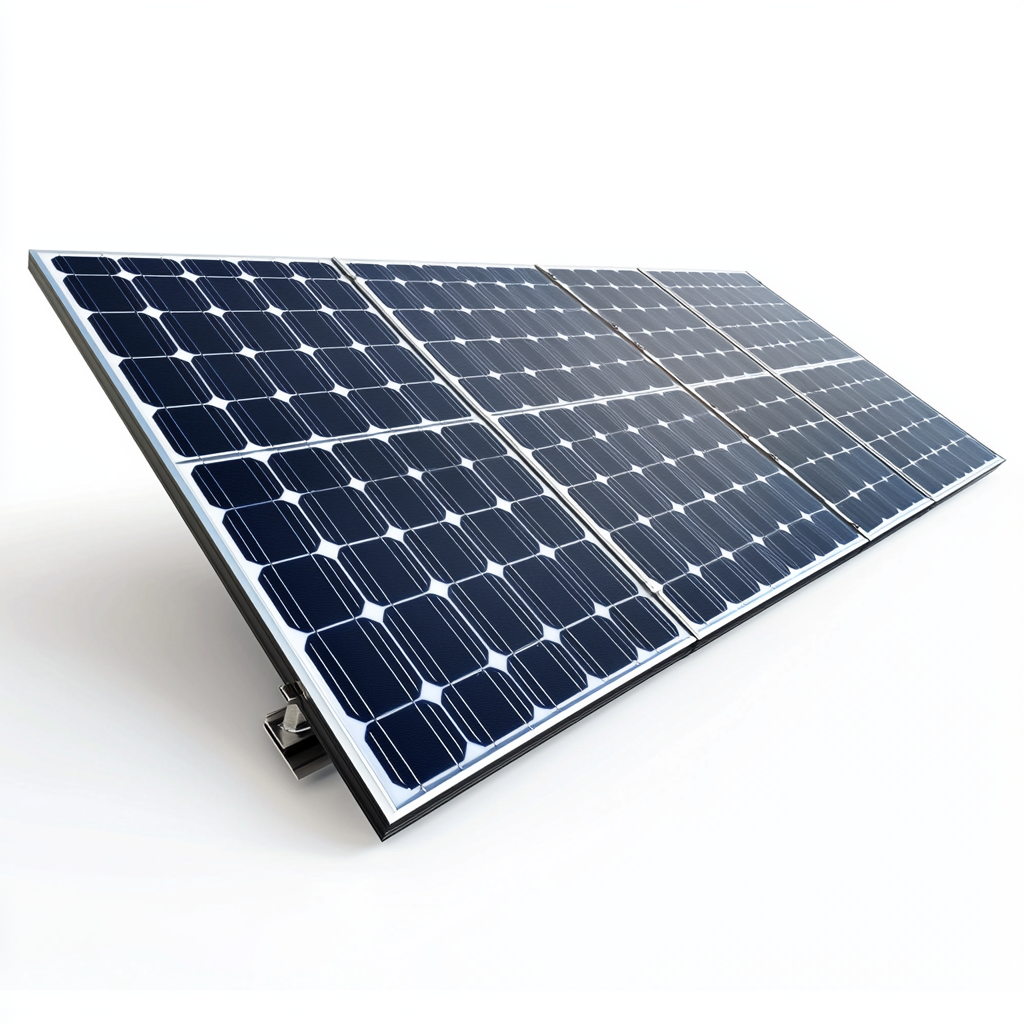Table of Contents
2025 Solar Incentives & Tax Credits: What Homeowners Need to Know
With energy prices rising and climate concerns growing, 2025 could be the best year yet to make the switch to solar. Thanks to updated tax credits and state-level incentives, homeowners across the U.S. can reduce installation costs significantly—sometimes by thousands of dollars.
Whether you’re just starting your solar journey or ready to sign a contract, this guide breaks down everything you need to know about solar incentives and tax credits in 2025.
Why 2025 Is a Great Year to Go Solar
The Inflation Reduction Act (IRA) of 2022 extended and expanded the federal solar tax credit, offering more value to homeowners through 2032. But 2025 is especially appealing because:
- The 30% federal tax credit remains in full effect
- Many states have introduced new rebates and grants for residential solar
- Equipment prices continue to fall while electricity rates rise
- Battery storage incentives are now more widely available
Let’s explore the specifics that could impact your solar decision this year.
1. 30% Federal Solar Investment Tax Credit (ITC)
The Residential Clean Energy Credit allows homeowners to deduct 30% of their total solar system cost from their federal taxes. This includes:
- Solar panels
- Inverters
- Wiring and labor
- Permits and inspections
- Energy storage (batteries)
- Sales tax in some states
Example:
If your system costs $20,000, your tax credit is $6,000, reducing your net cost to $14,000.
📝 Eligibility tip: You must own the system (not lease) and install it on a home you live in during the tax year.
2. Solar Battery Incentives in 2025
As part of the ITC, battery storage systems are now fully eligible—even if installed separately from solar. That means:
- You can install batteries later and still claim the 30% credit
- Standalone battery installations (with or without solar) now qualify
- Batteries can help offset time-of-use rates and provide backup power during outages
⚡ Battery costs are dropping, and utility programs are starting to reward customers who install them.
3. State and Local Solar Incentives
Many states supplement the federal credit with their own rebates, tax credits, or performance-based incentives. In 2025, some standout programs include:
- California’s SGIP (Self-Generation Incentive Program) – Rebates for battery storage
- New York’s NY-Sun Program – Cash incentives based on system size
- Massachusetts SMART Program – Monthly performance payments
- Illinois Shines – Payments based on solar energy production
✅ Check your state energy office or utility provider for the most current programs.

4. Net Metering and Time-of-Use (TOU) Credits
Net metering allows you to sell excess energy back to the grid. In 2025, net metering policies vary by state and utility:
- Some still offer 1-to-1 credit for excess energy
- Others use time-of-use rates, rewarding production during peak hours
- A few are moving toward solar export rates, which may reduce payouts
🕒 If you’re in a time-of-use region, pairing solar with batteries can increase savings.
5. Property Tax Exemptions
In many states, adding solar panels does not increase your property taxes, even though your home’s market value may rise. Look for exemptions in:
- Florida
- Texas
- Arizona
- Colorado
- New Jersey
🏠 This is especially helpful if you plan to sell your home in the next 5–10 years.
6. Rebates from Utilities and Solar Programs
Some utility companies are offering cash rebates in 2025 for installing solar panels or energy-efficient upgrades. These can range from $300 to $2,500 or more, depending on your location and system size.
💡 Ask your broker or installer to help you combine federal, state, and local incentives for maximum savings.
Final Thoughts: 2025 Is the Year to Go Solar
Between the 30% federal tax credit, evolving state programs, and declining equipment costs, 2025 is a golden opportunity for homeowners to switch to solar and save thousands. If you’ve been on the fence, now is the time to act—before incentives change or phase out in future years.
Need help navigating your options? A solar broker can guide you through every incentive, quote comparison, and financing plan—ensuring you get the best deal possible.
Additional Resources
Check out our sister brands here.
